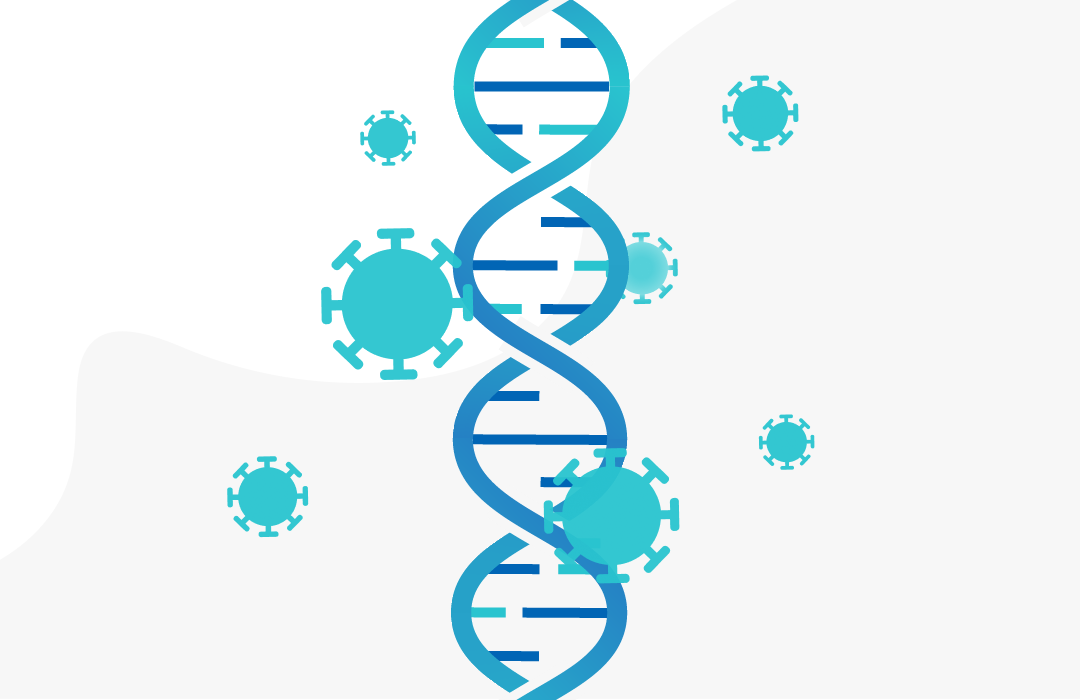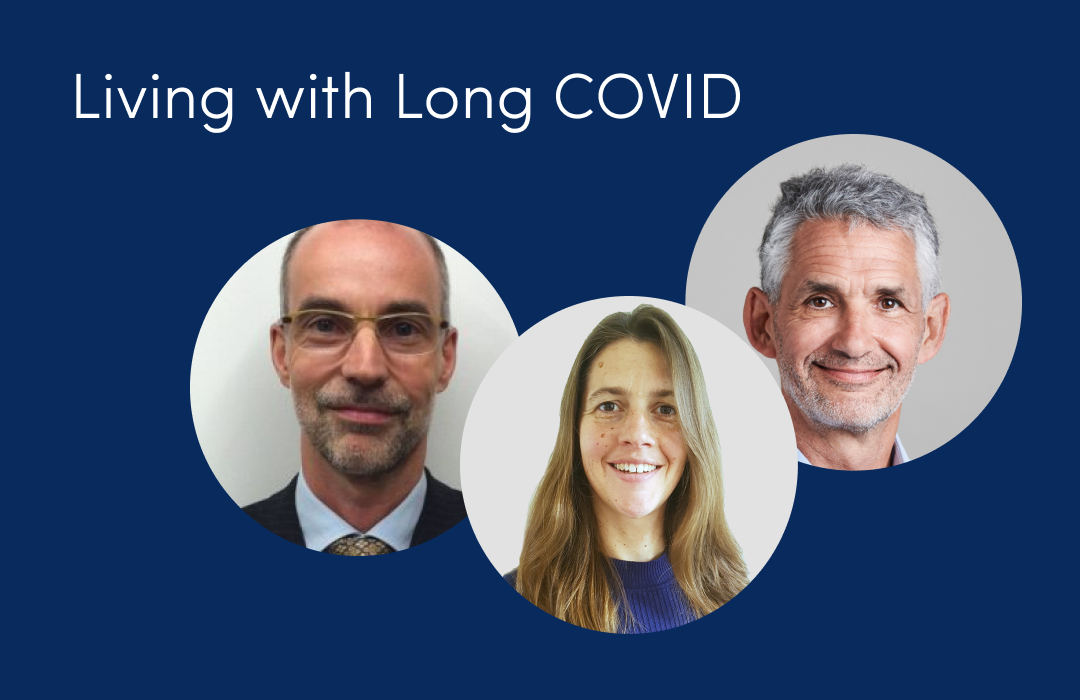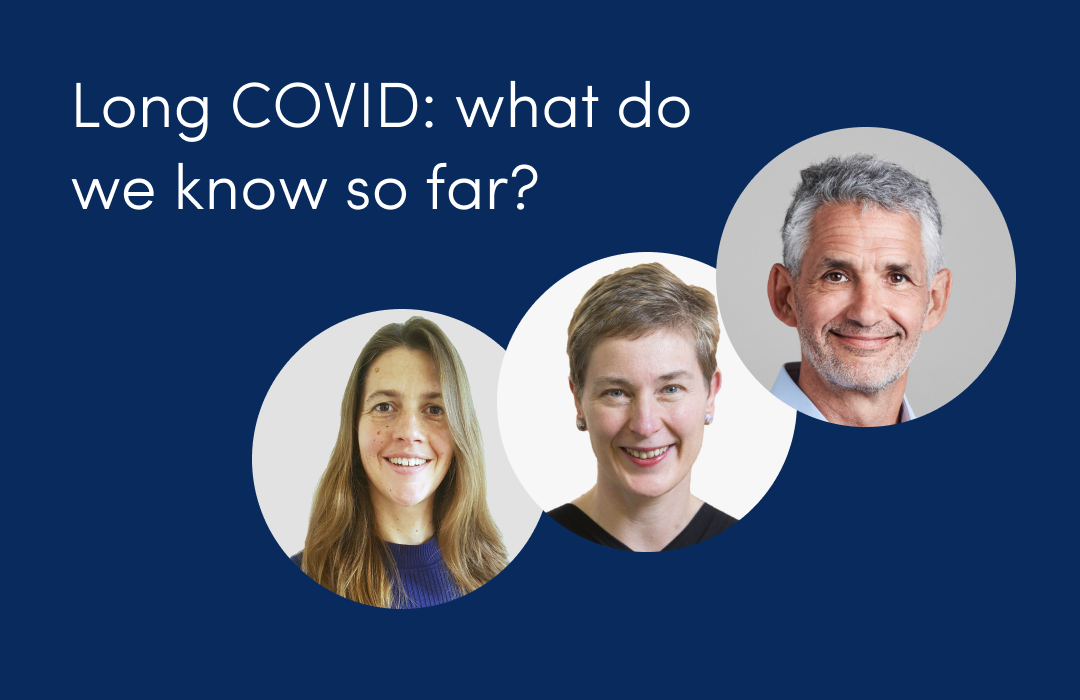
Is fatigue a symptom of COVID-19?
March 26, 2021

This article has not been updated recently
Data from millions of ZOE COVID Symptom Study app contributors has shown that fatigue can be a symptom of COVID-19. Here’s how to spot it and what it feels like.
What does fatigue feel like in COVID-19?
Even though fatigue is a less well-known symptom of COVID-19, it’s one of the early signs of the disease and more common than the ‘classic’ symptoms of cough, fever and loss of smell (anosmia).
Fatigue in COVID-19 is not the same as normal feelings of being tired or sleepy. It’s a type of extreme tiredness or feeling ‘wiped out’ that persists despite resting or getting a good night's sleep.
If you have fatigue, you may notice it occurs even after small tasks and limits your usual day-to-day activity. It can feel difficult to walk up stairs, do normal chores or even to get out of bed. Fatigue related to COVID-19 can also make it hard to concentrate or remember things - people sometimes describe it as having ‘brain fog’.
It’s important to remember that feeling more tired than usual is common when you’re fighting off any infection, not just coronavirus. And many of us have also seen dramatic changes to our lives including our routines, how we work, and look after children and older relatives, which may also affect how tired we feel. So although many people with COVID-19 experience severe tiredness, most people who feel tired or worn out will not have COVID-19.
Developing fatigue after viral infections is very common. We aren’t sure why this happens, but it may be the result of the immune response not returning to normal after the infection has been dealt with.
When does fatigue happen in COVID-19?
Fatigue is an early symptom of COVID-19, commonly occurring within the first seven days of the illness. On average, it lasts for five to eight days but some people can suffer from COVID-related fatigue for up to two weeks or much longer.
Fatigue is a common symptom for people with long COVID, or post-COVID syndrome. The good news is, that in most people it does go away eventually.
How common is fatigue in COVID-19?
Feeling fatigued is a very common symptom of COVID-19 for all age groups. On average, around eight in ten adults who are ill with COVID-19 will experience fatigue. It’s slightly less common in children, affecting around half of those with COVID-19.
While 82% of app contributors who tested positive for coronavirus reported fatigue, just this symptom alone is not a sure sign of having COVID-19. Only 13% of people who were ill with COVID-19 experienced fatigue as their only symptom.
What other symptoms of COVID-19 are common alongside fatigue?
Feeling fatigued is highly likely to occur alongside headaches and loss of smell (anosmia).
Across all ages, fatigue sometimes comes together with symptoms like fever and a sore throat. In adults, fatigue is also reasonably common alongside a cough and unusual muscle pains.
Depending on your age and sex, you should contact your doctor if you have multiple different symptoms of COVID-19 in the first week of being ill.
What should I do if I have fatigue and think it might be COVID-19?
If you’re feeling newly fatigued it could be COVID-19, especially if you also have a headache and loss of smell. You should:
- Follow the NHS guidelines and self-isolate at home to help protect the people around you and the wider community.
- Download the ZOE COVID Symptom Study app and log your symptoms to be offered a test through the app.
- Also log your health daily in the app, if you’re not already, to help us understand more about how COVID-19 affects people and contribute to life-saving scientific research.
- Check out our tips on looking after yourself if you are sick with COVID-19, monitoring your health at home and staying hydrated.
Fatigue can be very debilitating. It’s important to listen to your body and not push yourself into doing more than you’re able to. However, maintaining a routine of small, regular tasks has shown to help maintain fitness and improve tiredness levels.
The NHS has more detailed advice for children and adults on how to tackle fatigue and tiredness.
You should get urgent medical help if you have breathing problems, are suddenly confused, or your lips or face are turning blue.
Stay safe and keep logging.












.png)


.jpg)














.png)







%202.png)
.png)


















.png)






